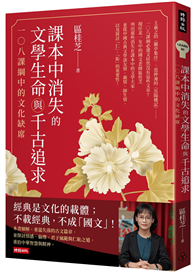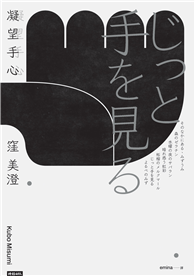This book explores the politics of the right to write in Gertrude Stein’s practice and its reception. It examines how conceptions of authorship intersected discourses of democracy and rights in the period 1909-1933. The persistent debates across a broad range of publication contexts over Gertrude Stein’s right to participate in modernist authorship provide an instructive example of the way literary culture reflected contemporary political discussion. This study explores how representations of Stein that figured her either as barely human or as the ultimate democratic subject reproduced debates about who should participate in public life, refracted an emerging discourse of human rights, and echoed fears about the consequences of mass democracy as political franchise was extended.
| FindBook |
有 1 項符合
Gertrude Stein and the Politics of Participation: Democracy, Rights and Modernist Authorship, 1909-1933的圖書 |
 |
Gertrude Stein and the Politics of Participation: Democracy, Rights and Modernist Authorship, 1909-1933 作者:Parkinson 出版社:Edinburgh University Press 出版日期:2024-11-30 語言:英文 規格:平裝 / 264頁 / 普通級/ 初版 |
| 圖書館借閱 |
| 國家圖書館 | 全國圖書書目資訊網 | 國立公共資訊圖書館 | 電子書服務平台 | MetaCat 跨館整合查詢 |
| 臺北市立圖書館 | 新北市立圖書館 | 基隆市公共圖書館 | 桃園市立圖書館 | 新竹縣公共圖書館 |
| 苗栗縣立圖書館 | 臺中市立圖書館 | 彰化縣公共圖書館 | 南投縣文化局 | 雲林縣公共圖書館 |
| 嘉義縣圖書館 | 臺南市立圖書館 | 高雄市立圖書館 | 屏東縣公共圖書館 | 宜蘭縣公共圖書館 |
| 花蓮縣文化局 | 臺東縣文化處 |
|
|
圖書介紹 - 資料來源:博客來 評分:
圖書名稱:Gertrude Stein and the Politics of Participation: Democracy, Rights and Modernist Authorship, 1909-1933
|











